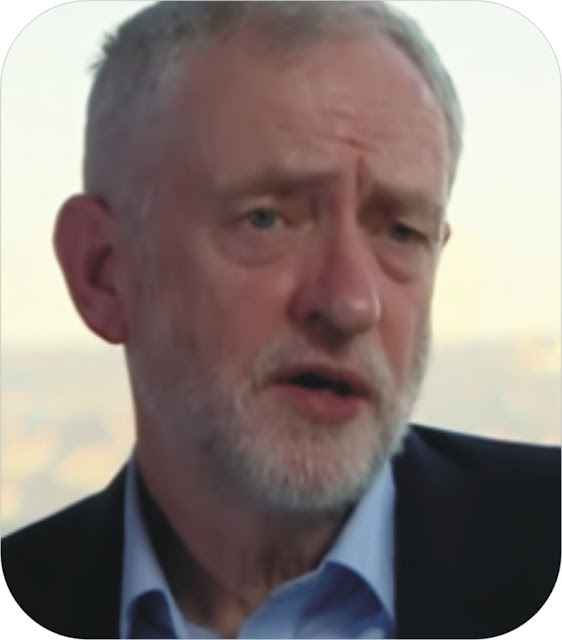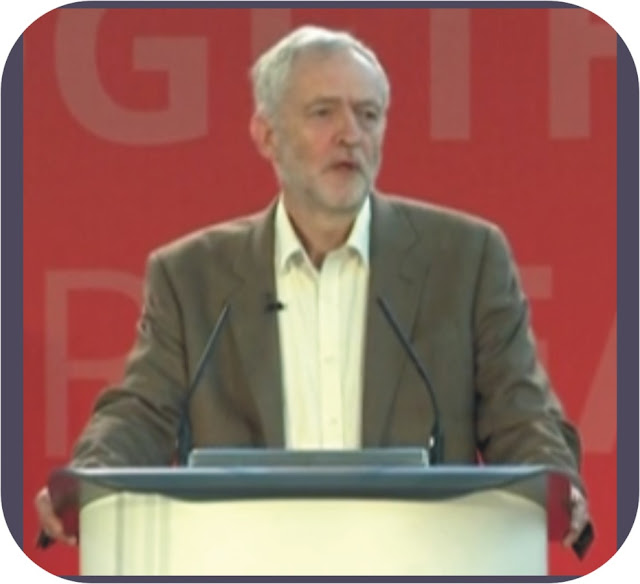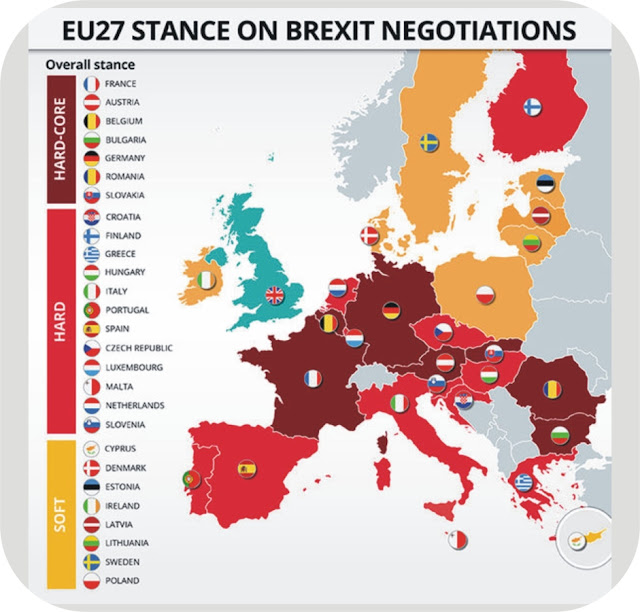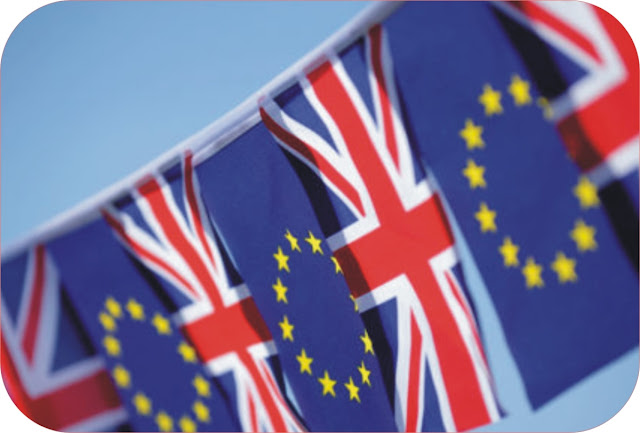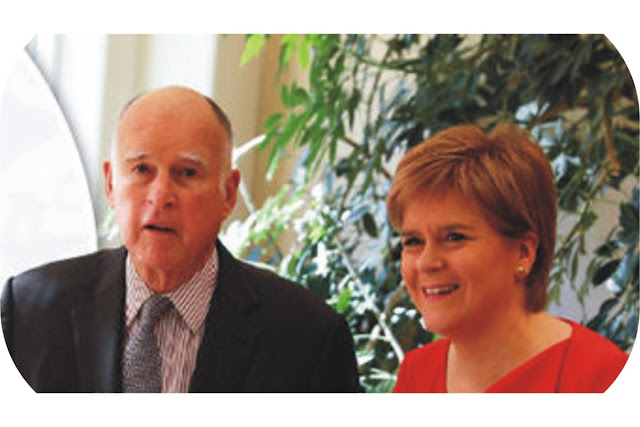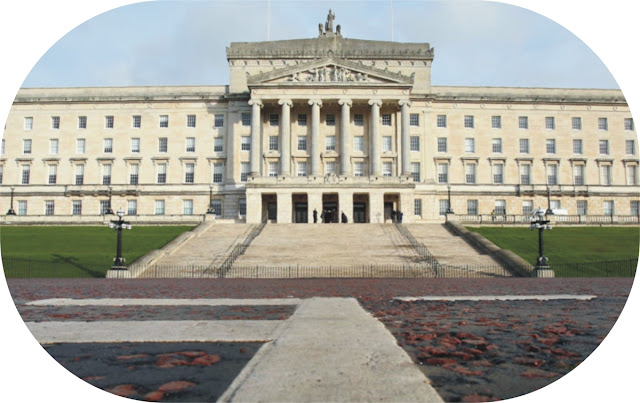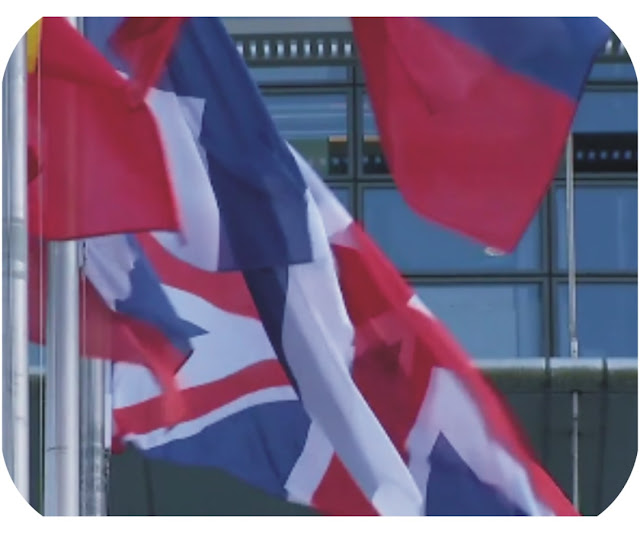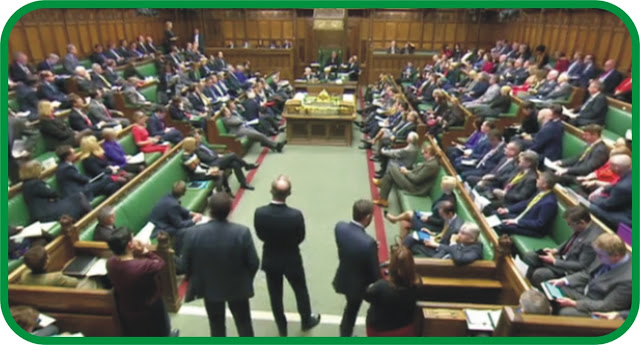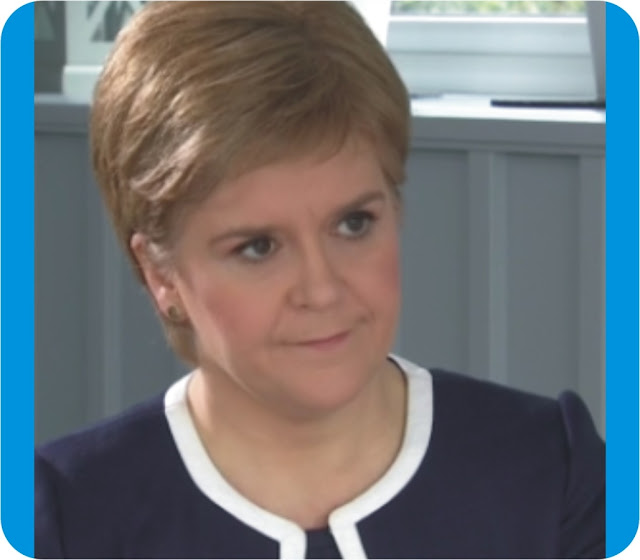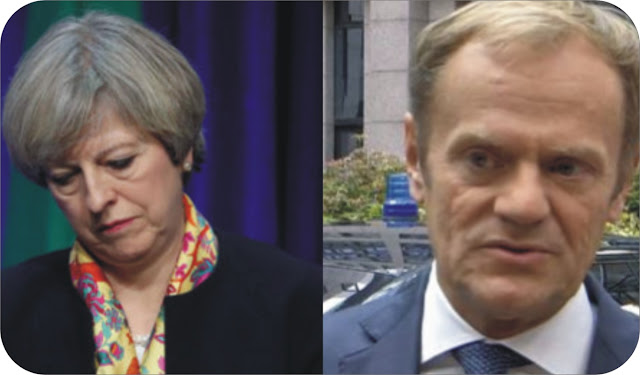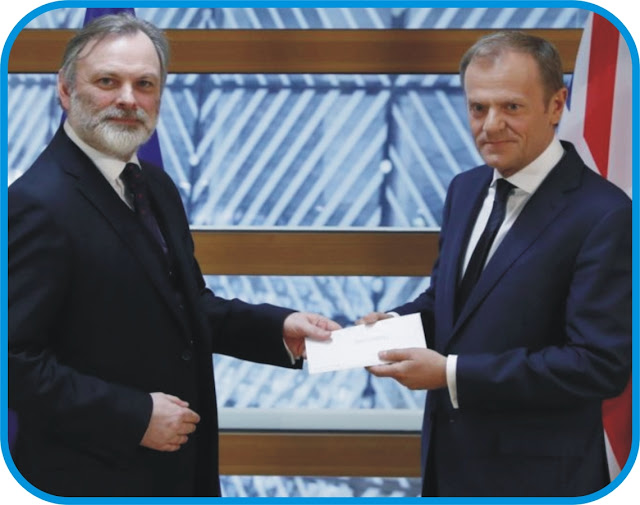
The European Union seem to be on the verge of collapsing after Brexit, as two anti-EU candidates seem to be leading forthcoming French election
More troubles ahead in the European Union due to the rate in
which anti-EU parties are emerging and gaining more public acceptance across
the continent, and in particular.
There appears to be a surprise rise in the polls in favour
of Jean-Luc Melenchon paving way for him to join Front National leader Marine
Le Pen as a possible anti-EU choice in the contest.
This is coming after several weeks of opinion polls envisaging
a head-to-head between Mrs Le Pen and Europhile socialist Emmanual Macron, Mr
Melenchon has had an unexpected swell in the polls after performing well in the
television debates in the run up to the unpredictable election.
Melenchon says he is looking forward to take France out of
the EU and the NATO military coalition as well.
So far he has been declared by one of France newspaper as
the “most convincing” French presidential candidate in an opinion poll.
Journalist Andrew Neil tweeted: “Imagine a second round
Melenchon v Le Pen! An existential crisis for France-and the EU!”
As for Mrs Le Pen, she has said it on several occasions that
if she wins the election, she is going to lead a Frexit out of the EU. According
to recent polls, she is on the verge of securing the next round of election.
Thus, France being a core EU member nation, planning to
leave the union could spell doom for Brussels.
Emmanuel Macron, leader of the En Marche! movement, said:
“Jean-Luc Melenchon - he’s a very nice guy but his promises are impossible to
deliver and his program would be a disaster for France.
“He’s for the destruction of the European Union, the Europe
that protects us. He is for massive taxation.”
Mr Melenchon, sees himself as the French Hugo Chavez, saying
he is the candidate of peace and has criticised German Chancellor Angela Merkel
for backing US airstrikes in Syria.
The EU could have reason to be very worried if Melenchon’s
momentum continues and the two anti-EU candidates are left to battle victory
alone.
The first round of the French presidential election is just
days away on April 23, and will be closely followed by a second-round runoff on
May 7.



